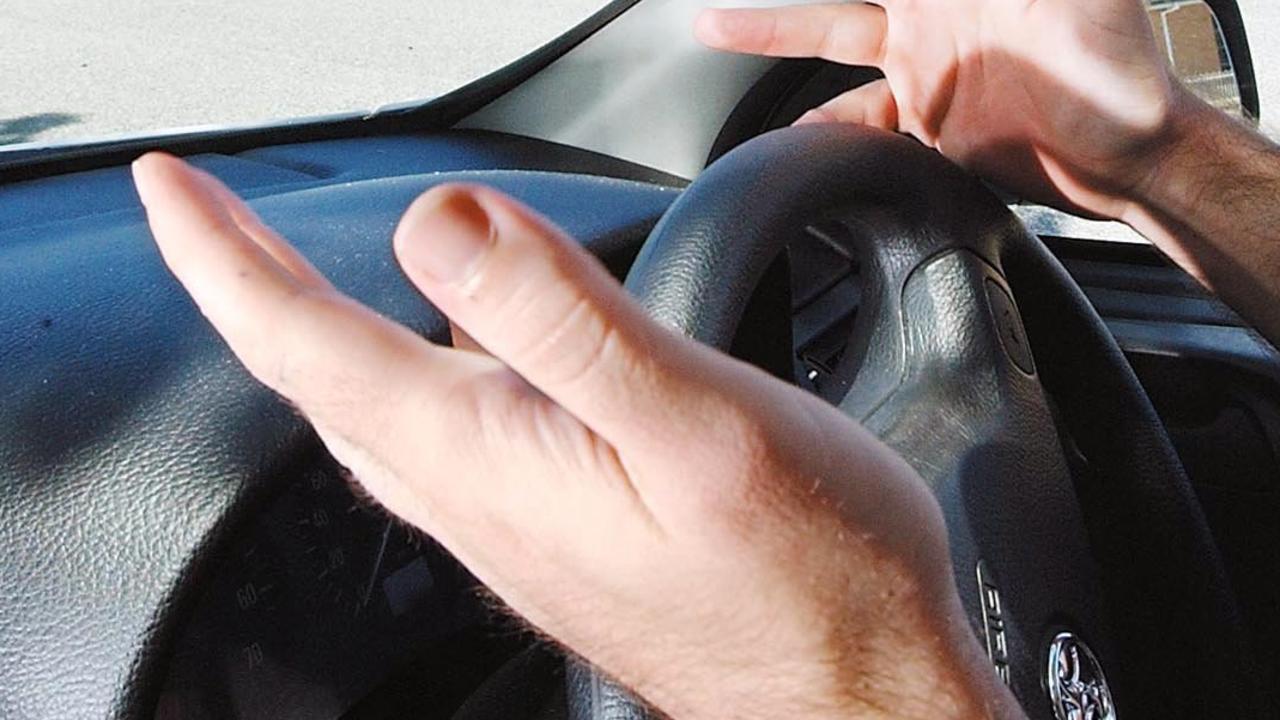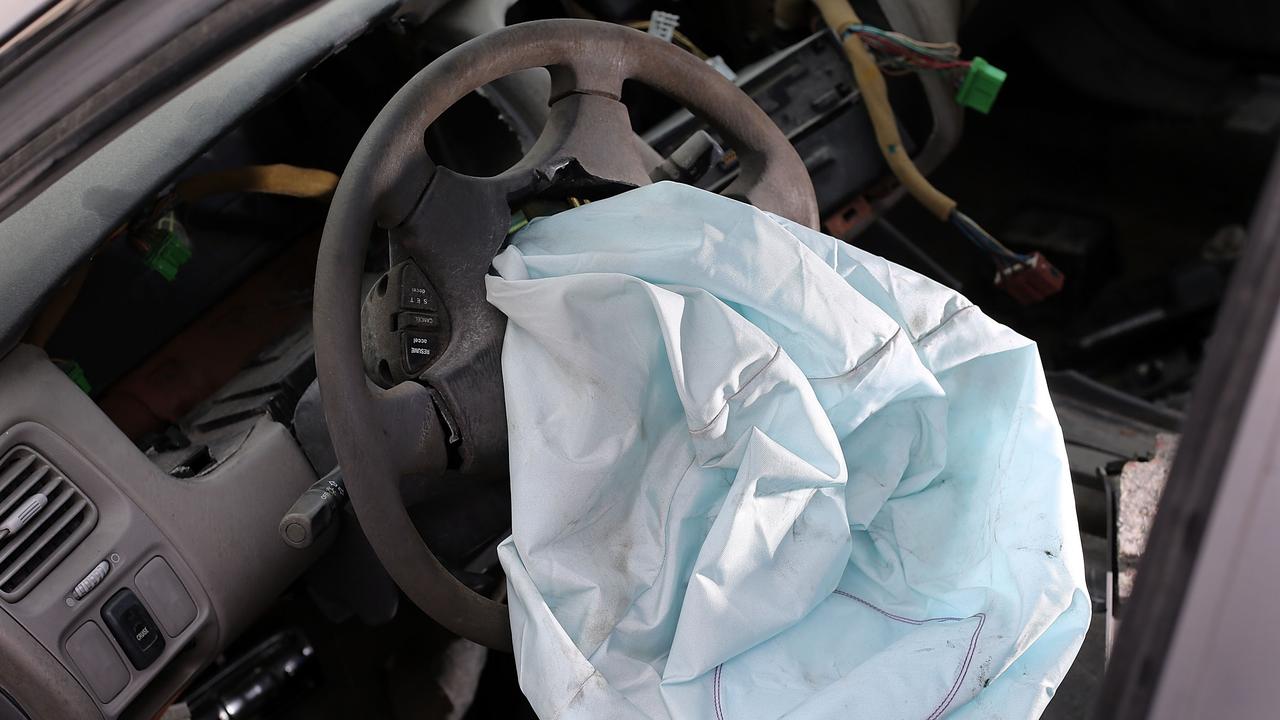When Krystal Burrell is out she’ll often spot something that would be great for the playroom, but she has to stop herself and ask what is its purpose?
Because, as a qualified play therapist, everything in the playroom has a purpose.
Burrell has been a social worker for more than 15 years, specialising in parenting, attachment, trauma, and play therapy.
She runs Tūhono ki Tākaro in Stratford, Taranaki, helping whānau with behavioural challenges they may be facing. It is funded by the Ministry of Education.
“Play therapy is amazing.
“They come through a process of around 16 weeks, and they might be struggling with relationships with other kids or be really emotionally withdrawn, or acting out, and what we know about children is they don’t often have the words to tell us, so for us to expect a child to sit down and tell us what’s going on is just not going to work.”
But play, Burrell said, is a powerful tool for children aged between three and eight to make breakthroughs.
The playroom features things like a nurturing corner with a play kitchen for children to make a pretend cup of tea or kai.
Burrell, a mother-of-three, said these actions were usually the sign of a child wanting to connect and have a relationship.
Then there’s the aggressive toys, dinosaurs and instruments to bang, which are for nutting out an issue.
There’s sand, which Burrell said was self-soothing, and children go straight to it if they’re nervous.
There are puppets to communicate through, a teepee to hide in, a weighted blanket and other sensory items.
VANESSA LAURIE/Stuff
Burrell had a lot of experience with social workers when she was young and that ultimately led her to want to become one herself.
“Everything in the playroom has a purpose, but kids don’t have to use it for that specific thing, it can be whatever they want it to be. We don’t correct them.
“What they do tells us a lot about what they need at the time.”
As well as Burrell, Tūhono ki Tākaro has mobile play therapist Erin Hickey, and they plan to take it to schools, so the most remote communities can access their services.
It was Burrell’s tough upbringing and her own experience with social workers that made her go down this career route.
“I was kicked out of school, went through a few different homes, and went to live with my Nana, and then ran away, got into a lot of trouble.
“I had a few different social workers when I was a kid and there was one truancy officer I absolutely loved.”
In 2010, she came across The Incredible Years, a programme designed to prevent, reduce, and treat behavioural and emotional problems in young children.
VANESSA LAURIE/Stuff
Everything she does is through a Māori lens as it’s a huge part of her identity.
She began facilitating the programme but knew she wanted to offer more.
“I really wanted to bring in other things that I knew worked.
“The parents will come through a parenting programme and talk about attachment and parenting style and things like that and at the same time the child will go through play therapy, and we’ll do professional development with the school.”
The most important thing parents can focus on is their attachment to their child, she said.
Māori had always known how important attachment and community is, she said, but we’d lost it as a society.
Everything Burrell does is through a kaupapa Māori lens, as it’s a huge part of her identity.
However, she didn’t know she was Māori until she was 11.
“My Nana was Māori, I didn’t even know I was Māori until I went to live with her.
“I never felt like I fit anywhere growing up, then all of a sudden it felt like I fit somewhere, and was embraced.”
Burrell doesn’t claim to be a parenting expert though. She just wants to pass on the knowledge and tools she has accumulated to help families.
It’s a totally judgement free space, she said.
“I’m very real about the fact I still struggle with parenting.
“I can tell some stories about how I parented my 20-year-old, some of it was shocking, and now she actually delivers some of the programme with me.”





